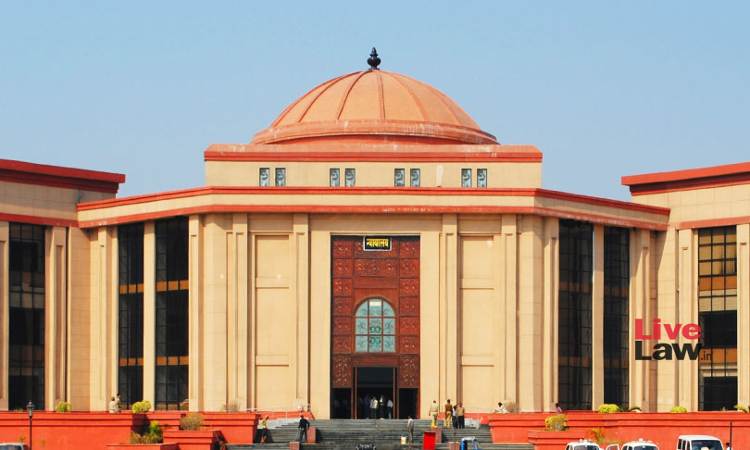Section 19 HAMA 1956 | When Can Widowed Woman Claim Maintenance From Father-In-Law? : Chhattisgarh High Court Answers
Sparsh Upadhyay
14 Nov 2023 7:54 PM IST

Next Story
14 Nov 2023 7:54 PM IST
Analysing the mandate of Section 19 of the Hindu Adoptions and Maintenance Act, 1956, the Chhattisgarh High Court has observed that a widowed woman can claim maintenance from her father-in-law to the extent that she is unable to maintain herself out of her earnings or other property or, where she has no property of her own, she is unable to obtain maintenance, from the estate of her husband...
